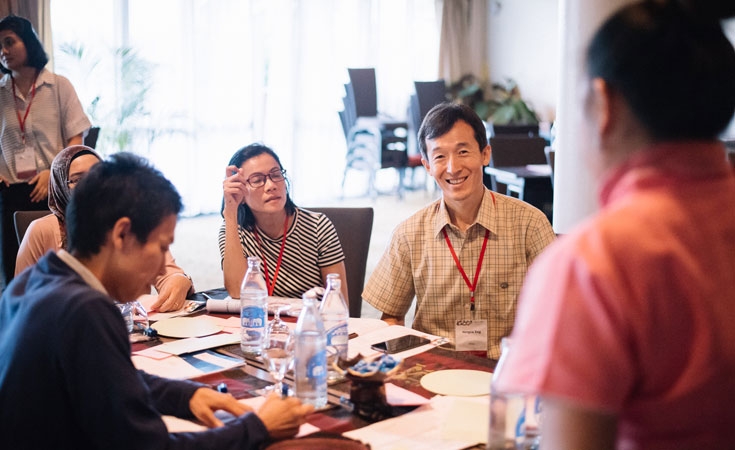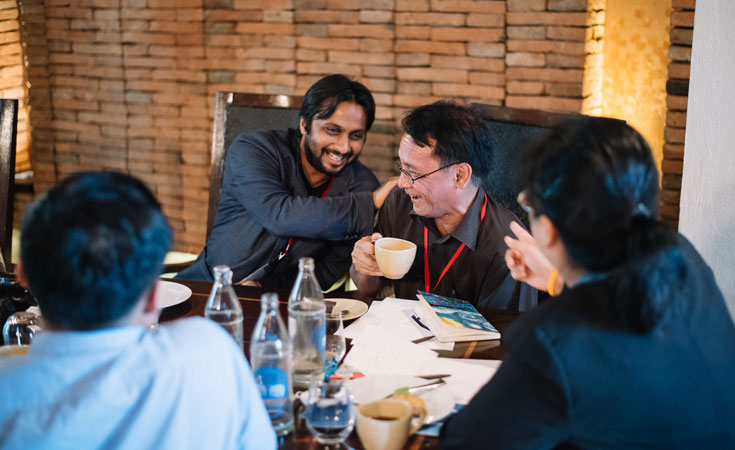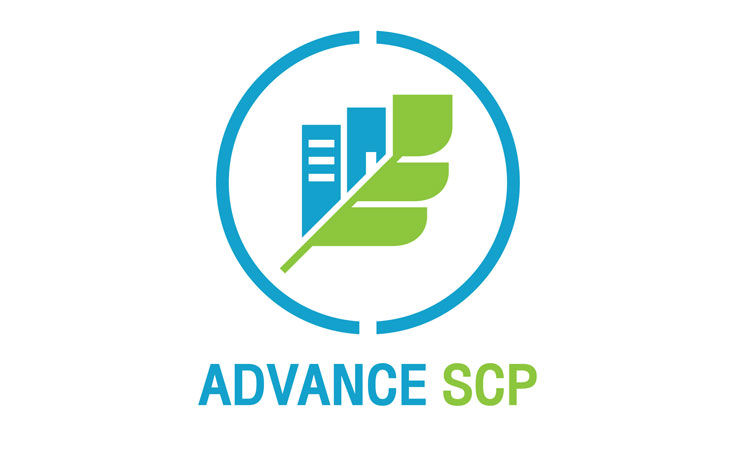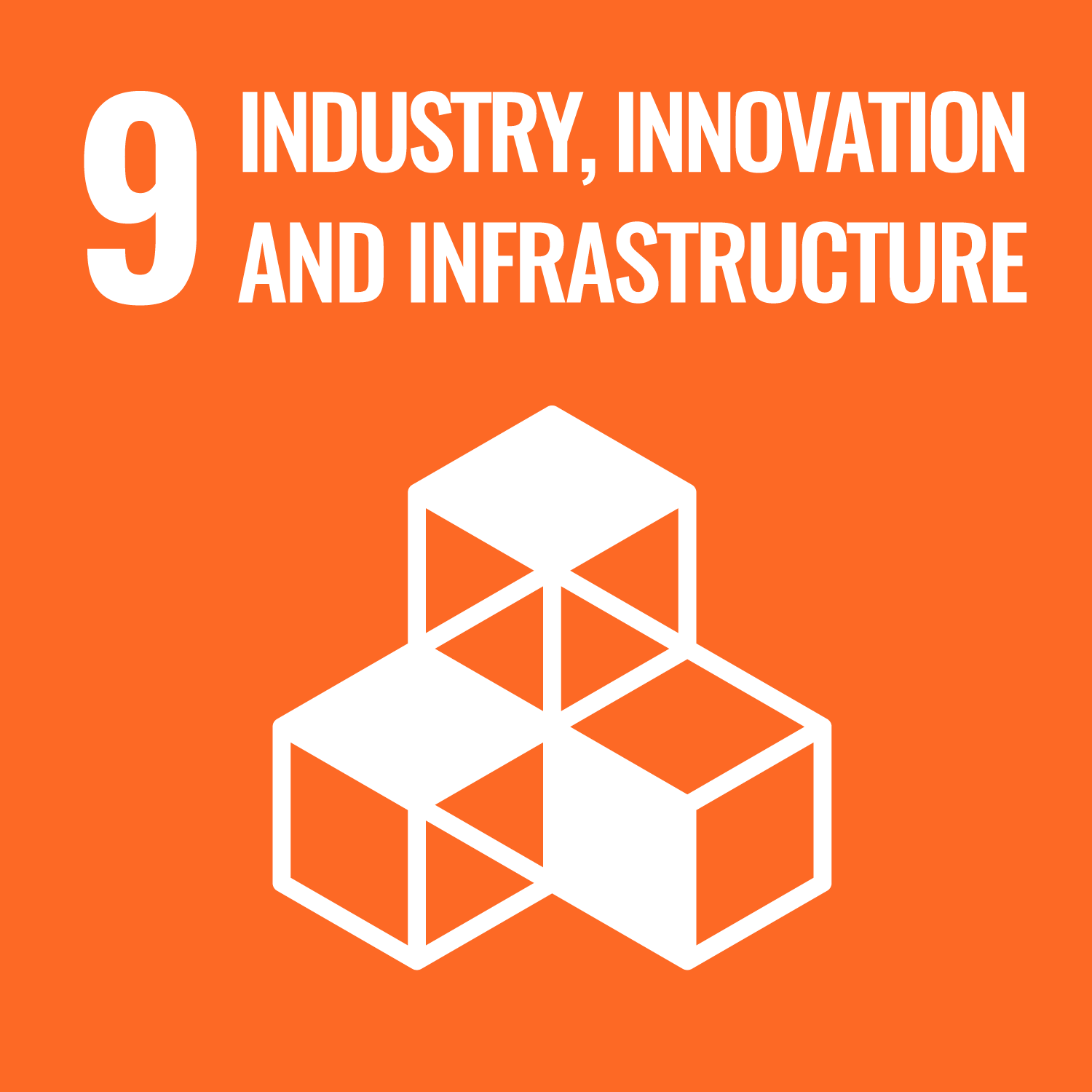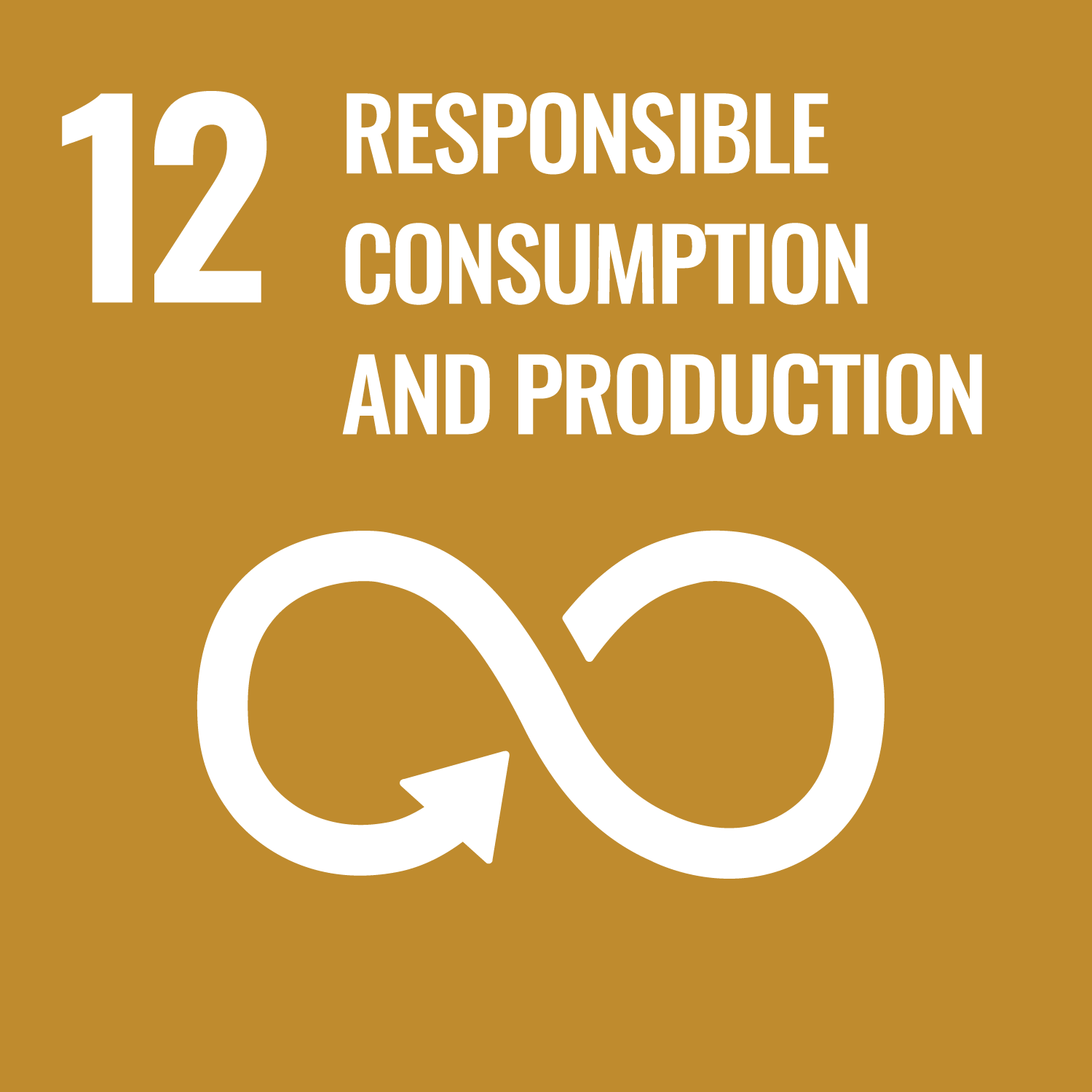Advancing and Measuring Sustainable Consumption and Production (SCP) for a Low-Carbon Economy in Middle-Income and Newly Industrialized Countries (Advance SCP)
Objective
- Climate friendly criteria are integrated into the eco-labels (Type I) of the target countries (Thailand, Indonesia, Malaysia and Philippines) and mutual recognition of the eco-labels has improved in the Southeast Asian region;
- Innovative strategies and concepts of political, economic or financial incentives for climate friendly public procurement or eco-labels are developed and introduced in selected Asian countries (Thailand, Indonesia, Malaysia and Philippines); and
- Dissemination of best practices.
Description
Sustainable Consumption and Production (SCP) patterns constitute an essential building block of a low-carbon economy. Access to credible, reliable and ‘user-friendly’ sustainability information is one of the essential conditions for the shift towards SCP. The project will contribute to the 10 Year Framework of Programmes on SCP (10YFP), more specifically to the Consumer Information Programme. Advance SCP aims at increased awareness, institutional support and technical capacities to develop and strengthen sustainability information policies and tools for sustainable and low carbon consumption and production patterns. The project will further support the creation of a market for climate-friendly products which will lead to less pollution of the environment. Regional and global trade and investments are promoted through the harmonization of eco-labels. Through the mediation of knowledge dissemination, access to training and further education, countries are enabled to generate new jobs and eco-friendly products to increase their competitiveness. Public authorities gain lower life-cycle-costs of purchased services and products.
Green Public Procurement (GPP) and Eco-labelling are important instruments to increase sustainable consumption and production and at the same time contribute directly to reduce GHG emissions. Recently, these instruments have gained more and more importance in the region. Some countries have already started to implement GPP and eco-labelling, yet the levels of implementation are different across the countries because of various factors: lack of GPP supporting policies, legal framework and requirements, public awareness, availability of existing systems such as the use of eco-labelling as a means for development of GPP criteria.
Targeted beneficiaries
- SCP and 10YFP national focal points, relevant national ministries, climate change/NAMA focal points, SPP/GPP implementing agencies, Eco-label institutions and networks, businesses and retailers, youth, consumers (public and private), and other stakeholders/NGOs and regional platforms.
Achievements
- Integration and collaboration on climate-friendly criteria of eco-labels (Type I);
- Capacity development and awareness-raising for governments and certifiers;
- Development of recommendations of economic, financial or tax incentives for Green Public Procurement/Eco-labels with particular view to reach out to business;
- Development of proposals for integrating social aspects in GPP/eco-labels in the focal countries;
- Identifying opportunities to develop SCP related Nationally Appropriate Mitigation Actions (NAMAs); and
- Fostering South-South exchange and peer-to-peer learning.
COUNTRY
Indonesia , Malaysia , Philippines , Thailand
DURATION
July 2015 - June 2018
